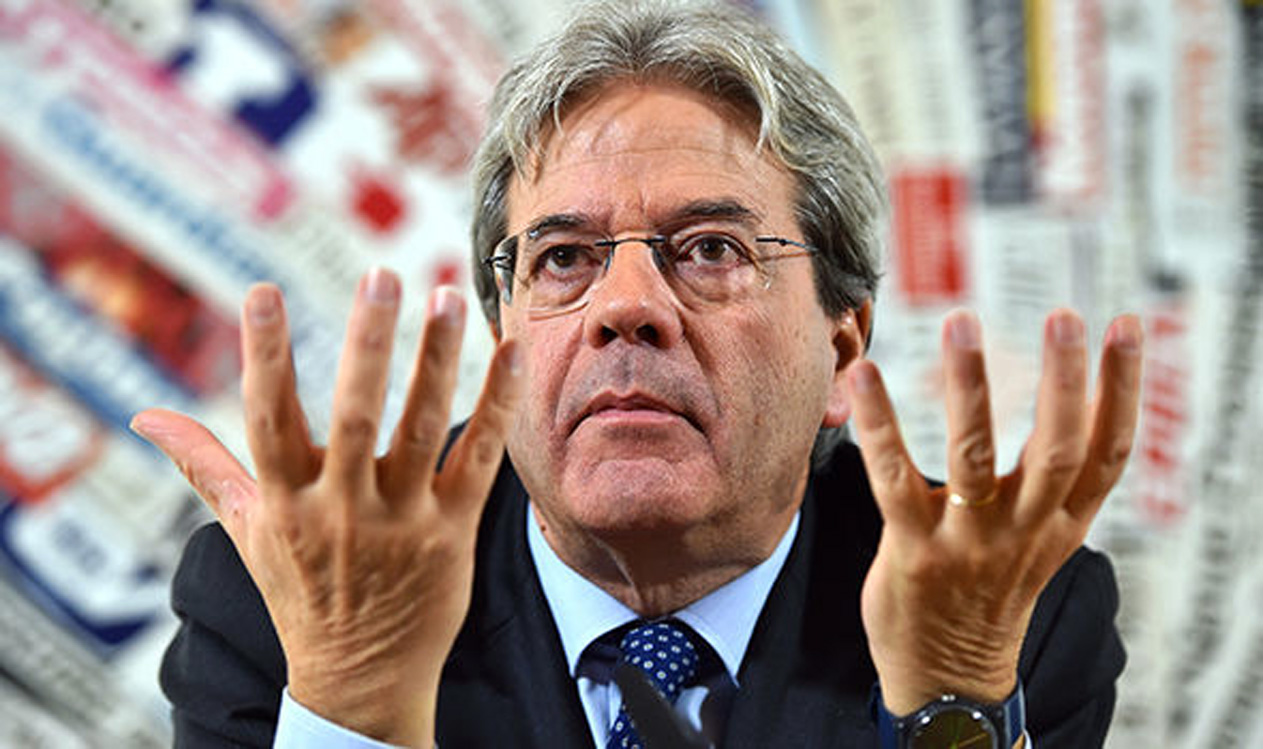Silvio Berlusconi is looking like the octogenarian comeback kid of Italian politics. Reminiscing last month about his first election campaign in 1948, when he was 12 years old, he recalled putting up posters for the right-wing Christian Democratic Party. “It said, ‘In the voting booth, God sees you; Stalin doesn’t’. It was truly beautiful,” Mr. Berlusconi said with a grin.
The studio audience and host of the show clapped enthusiastically. A telling feature was that it was not even one of the television stations that Mr. Berlusconi owns. With Italy due to go to the polls on March 4, the general election is the next big political test for Europe and it finds the media mogul and former prime minister is at the center of the country’s political debate. This is exactly where he likes to be.
Only a few years ago, Mr. Berlusconi’s political career was all but over as he battled health issues and scandal. But in a remarkable turnaround, his right-wing coalition is leading opinion polls with more than 36% of the vote, while the anti-establishment Five Star Movement and a left-wing grouping led by former Prime Minister Matteo Renzi and current Prime Minister Paolo Gentiloni each have an estimated 22% and 28% respectively.
Within the political factions of the right’s opponents are divisions. The Five Star Movement has lost significant ground in the last several months and its leader, former comedian Beppe Grillo, has stepped aside. The Democratic Party is still reeling after the disastrous December 2016 referendum vote. Renzi wants control back; voters have established that he is the most trusted national politician in Italy. In the midst of the turmoil sits the flawed, but resilient Berlusconi.
In 2013, Mr. Berlusconi was ejected from Parliament and banned from serving in office for six years due to a tax fraud conviction, which was related to a business deal in the 1990s. Although at present Mr. Berlusconi is not permitted to return to the powers that he formerly wielded, if he is victorious next month, he would still be calling the shots as party leader. Even his ban from office looks tenuous. Italian law states that anyone sentenced to two or more years of prison is banned from office for at least six years. Mr. Berlusconi was sentenced to four years in prison, then commuted to four hours per week of community service for one year. An appeal against the ban is to be heard by the European court of human rights, but not until after the elections.
And even if the right-wing is unable to win a majority of seats and form a government, Mr. Berlusconi’s party, Forza Italia, will have still garnered enough support to prevent or forge a grand coalition. Either way, there is a strong chance that Berlusconi will have an enormous influence after the elections. For his part, Berlusconi stated that Italy should return to the polls if no majority emerges from the March 4th general election and that there would be “no chance” of forming a grand coalition with the left-wing Democratic Party.
Most recently, he pledged to deport 600,000 illegal immigrants from Italy, should his coalition enter government. The 81-year-old said in an interview that immigration was a “social bomb ready to explode in Italy” and “after years with a leftwing government, there are 600,000 migrants who don’t have the right to stay. We consider it to be an absolute priority to regain control over the situation.”
Mr. Berlusconi’s return carries important implications for both Italy and the European Union. In Rome, it represents striking evidence of the country’s difficulty in renewing its political leadership. When Mr. Renzi, now 43, rose to power as prime minister four years ago, the hopes were high that he would be the standard-bearer of the younger, reformist generation of politicians. He resigned after the rejection of his constitutional reform in December 2016. Right now, the only thing political pundits can agree on is that the ruling Democratic Party seems headed for a humiliating defeat.
His return to the front line of Italian politics is not a scenario many would have imagined in late 2011, when Mr. Berlusconi stepped down from office. Nor did it seem likely in 2013, when Mr. Berlusconi was convicted of tax fraud or most recently in 2016, when he underwent open heart surgery. But somehow he has found a way back and has capitalized on Mr. Renzi’s 2016 referendum debacle. Mr. Berlusconi is casting himself as a reassuring elder statesman with pro-European Union views and a more modest lifestyle. He is establishing himself as one who can restore wellbeing to disgruntled middle-class families. His comeback may be viewed by some as nothing short of a miracle. At the end of the day, many view the business tycoon, despite his flaws, as a man who gets things done. There are inevitable comparisons with President Donald Trump on both sides of the Atlantic. There will never be agreement on both sides, but realize that the attitudes in Italy are different than in the United States – more tolerant in certain respects and unyielding in others. One thing is certain, the results of this election will have far-reaching effects on Italy and its place in the EU.





